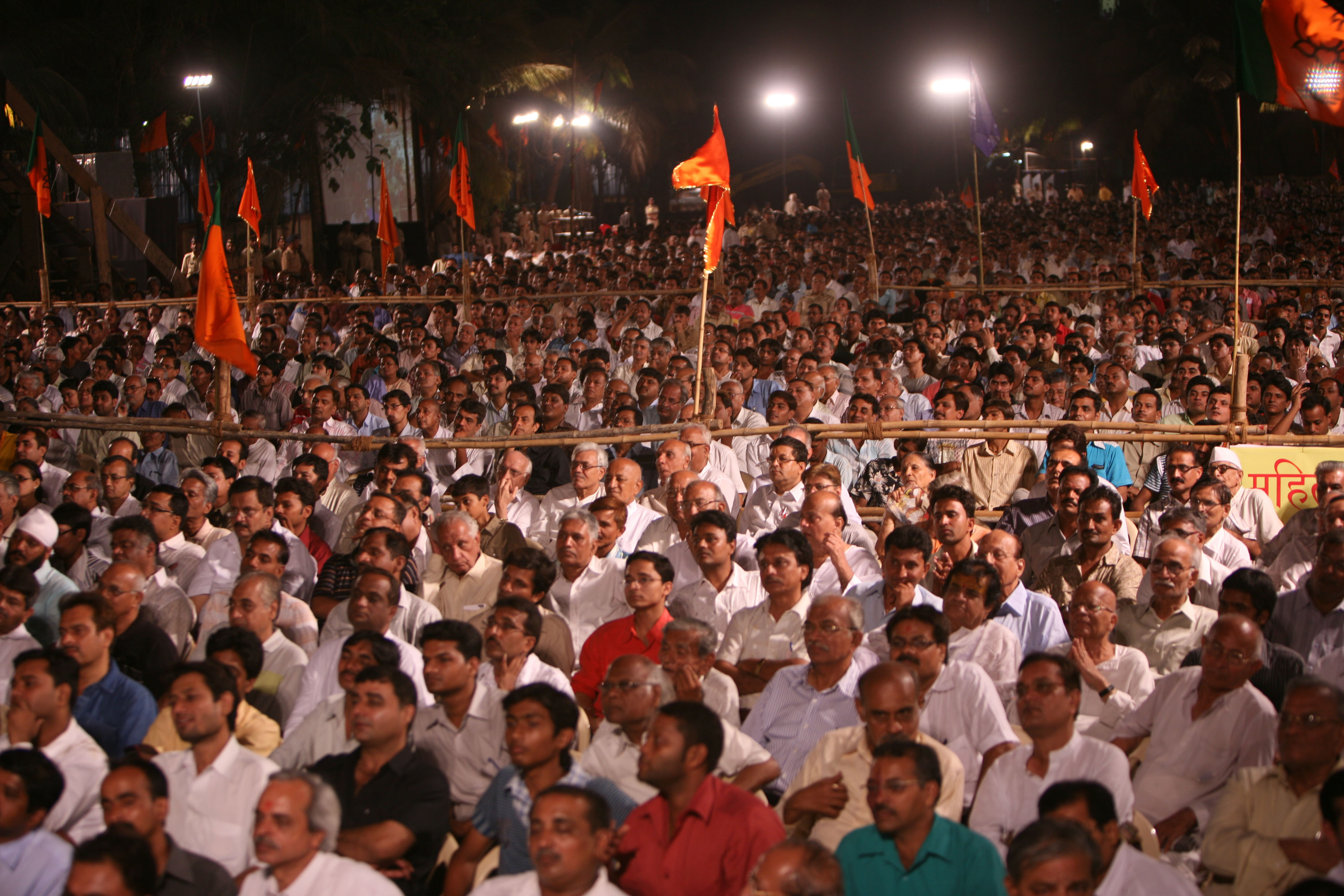
A Foreign Affairs article caught me off guard this week. The article described ISIS as not another terrorist group, but as a state group without a state. In other words ISIS is an organization that assumes itself to be a state actor, but is using the methods of non-state actors in order to achieve its ultimate goal: a caliphate (a state of its own).
Recent commentary on ISIS, and the Middle East in general, has focused on two things:
First, commentators have generally sought to portray ISIS as another terrorist organization.
Second, the American press, particularly the conservative press, have been highly critical of the Obama administration’s supposed failure to address ISIS as a Islamic organization
I would like to suggest that both these outcomes are wrong, and that in fact the secular West (America and Europe) are missing major trends in global politics.
This may be because it’s controversial to say this, but resurgent radical religions on different continents, are indicating an increasing region-based nationalism.
What do I mean by this?
This is an oversimplified analysis, but consider that major continents, or geographic regions generally have cultural distinctions, and there are usually religious distinctions to go along with this. Islam is part of the Middle East, Christianity is part of the West, Buddhism is part of Asia, etc.
The critical difference here is that in the West, Christianity has separated from Western nationalism. As controversial as that statement may sound, nationalism in Europe and the United States in the 19th century had largely secular, and even socialist, underpinnings. Religion is not seen as being connected to the national drive. It may have an influence on it and it may use similar language, but it’s not the same thing.
However, when you look at some other major world religions and philosophies like Islam, Hinduism, Confucianism, and Buddhism you can see deep ties between them and nationalist movements in their native lands.
Islam: Whether you take the more liberal look of the Islamic Spring, or view the radicalized barbarism of ISIS, one thing that has developed in the Islamic world is a narrative of Islamic nationalism. Setting ISIS aside, this is what is significant about the Muslim Brotherhood winning popular elections in Egypt in 2013, and in Islamist parties winning democratic elections in the Gaza Strip in 2006 and in Turkey in 2010.
Moving to India, we see a new president that has been elected on populist Hindu rhetoric.
As a way of trying to define China’s being separate from the rest of the international order, Chinese officials have recently been invoking China’s Confucius traditions. This is rather surprising considering that Confucianism, despite it’s Chinese roots, has not always been a popular philosophy. Indeed one of the more dominant religions in Chinese history has been Buddhism, but even that was a religious import from the Indian subcontinent
And speaking of Buddhism, it might sound shocking, but the faith of the inclusive Buddha has some rather exclusive (and violent) offspring.
Buddhism is known in the West as a peaceful religion and one that is not given to violent expression. However, one should not always conflate nationalism with violence (thought that has certainly been done in Myanmar). Buddhist priests have a tradition of nonviolent protest and in nationalist expression. The famous picture of a Buddhist priests immolating himself in Vietnam is one such example. However, in more modern times we see Buddhist nationalist groups in Asia actually participating in civil conflicts.
Careful what you wish for….
This is just me making a general observation of current events as I’m seeing them on the news, but there does seem to be an unreported trend here.
That unreported trend is one of radical religions and resurgent nationalism. While this doesn’t necessarily mean an upswing in violence, it does mean a new ideological challenge to the liberal West. Unlike the Cold War challenge of Russian communism, however, this new ideological challenge is multipolar and multidimensional.
It is as diverse as the geographic regions it represents. This requires a more nuanced diplomatic stance, and a more discerning foreign policy for the secular west.
By Al Jazeera English (BJP supporters) [CC BY-SA 2.0 (http://creativecommons.org/licenses/by-sa/2.0)], via Wikimedia Commons

